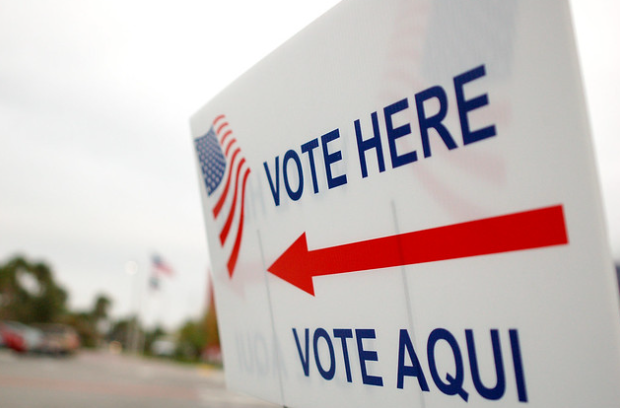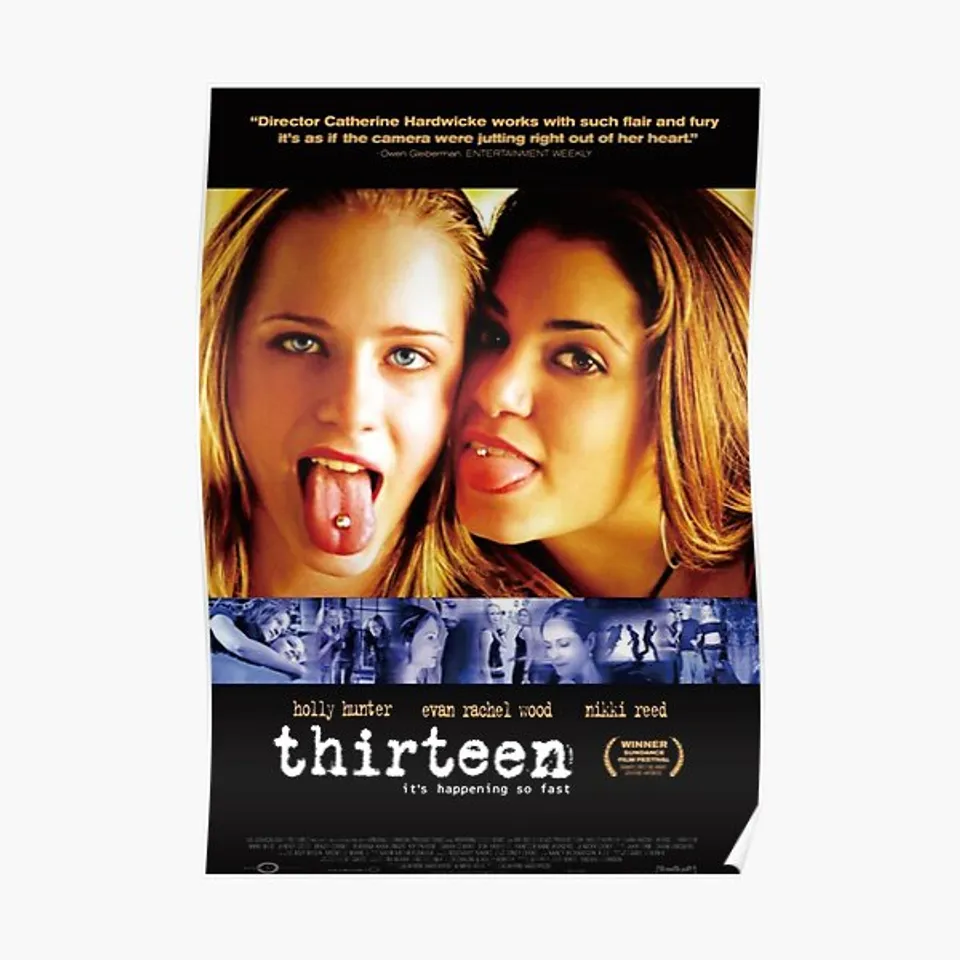The Unity Conversation
August 13, 2018
The week of April 18th through 22nd was Forest Grove High School’s Unity through Diversity Week. This was an event that celebrated and helped promote the diversity of Forest Grove’s many students, clubs, and organizations. It was an optimistic and positive event geared towards creating more unity amongst students and staff. However, with a week centered on highlighting unity, it was difficult not to also notice the issues that face FGHS regarding divisions in the community. While separations between students along the lines of race, sexuality, and the like are not solely a Forest Grove problem, they still exist, and prevent students from being fully able to embrace the ideal that Unity through Diversity week promoted. The divisions are visible via where students sit at lunch, in the social circles that exist, and the way students communicate with each other.
It is important that students and the community consider the way these tensions impact the life at Forest Grove. We have to consider the impact our words have on other people, because, in the words of Forest Grove’s Mr. Stapp, “words matter.” Words are how we express ourselves and how we define ourselves. It’s how we show the people around us what is inside of our hearts and minds. When what comes out of our mouths is spiteful and rude, the community suffers. When someone throws an offensive phrase at someone else, they have to understand what the impact they have on the other person. Any words spoken, whispered, or shouted have importance. They hold the ability to create relationships, to advise, and to cut deeply. Racial slurs hold particular potency. Take the volatile racial slur, commonly dubbed the “n-word.” With its powerful history of hatred and violence, using it can be extremely offensive. It is the source of hours of debate. Some people hope to reclaim the word as a means to address the terrible history behind it. Some people would like to never hear it spoken or see it written again. It doesn’t matter where any one of us stands. What matters is that when people words like that, they can really hurt people.
While hurtful words are spoken all the time, a particular incident drew attention in the halls of Forest Grove High School. Ms. Harville, an African American English teacher, had a student enter her class and refer to her with a racial slur. “Of course it didn’t make me feel good.” she said. “It doesn’t matter where it’s coming from. It’s offensive to me.” So when people speak terms like the n-word, they have to be aware that those words do real damage. Words meant to injure are never appropriate, but when they cross the line into slur territory, they are not okay in any way .
With crude words and the lack of thought that can plague the halls and conversations of Forest Grove, the school and the community loses several valuable things. The ability to claim unity is lost when words are constantly emphasizing the things that make people different in a derogatory manner. When students struggle to afford proper courtesy to one another, we lose, “the ability to communicate with each other in a respectful way,” as Ms. Harville put it. Speaking to one another with words so heavily tied to violence and hatred can easily create tensions, which can escalate easily. When students throw variations of “hate speech” around, it’s like taking a small knife and carving divisions among the community and deepening gaps in the material of our society. It takes away from everything Unity through Diversity week promotes–that is, a whole society that accepts each other’s differences and uses them to build a better place for people of all races, genders, sexualities, and anything else people define themselves by. When racial slurs and angry phrases are used, unity slides a little farther and farther away from Forest Grove.
So how do we fix it? Unfortunately, there is no easy answer to be read online or be quickly passed on. No one person can decide the answer for how we can bridge the divides and eventually close them, because the issues that exist aren’t the fault of any one, single person. Lack of unity that manifests in unkind words and thoughtless actions are at the fault of the community as a whole, and thus must be addressed as a community. Just talking about these things can be the first step toward coming together as a unified Forest Grove. It’s up to the community to make that effort.
Although Unity through Diversity week fell far from fixing the issues present in the high school, it did spur thoughtful conversations about what it means to be unified. In my own math class that week, we spent a section of the class discussing the event amongst the whole group, which helped me personally define what unity through diversity means. It wasn’t just dubbing those five days as Unity through Diversity week that I found beneficial. It was taking the time to talk about the issues, and what they mean and do to us as students and a community. So discussion might be a good place to start. Ms. Harville brought up the benefits of each person, “taking the personal responsibility for what [they] say, for what [they] do.” After all, hateful speech often rises out of a lack of understanding and respect on a personal level. Addressing it individually will help begin to mend the problem. Still, there’s no one prescribed cure to repair the breaks in our community. The best thing we can do, above all, is to keep putting forth effort to talk about our issues, to actively consider our words, and to figure out how we can each individually and communally create the unity that Forest Grove deserves to have. If we do that, then perhaps Unity through Diversity can become our new reality.




















































































































































